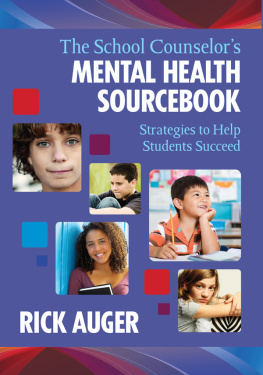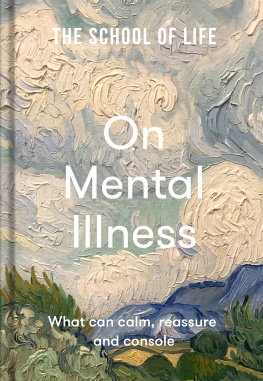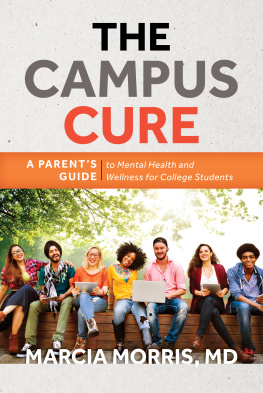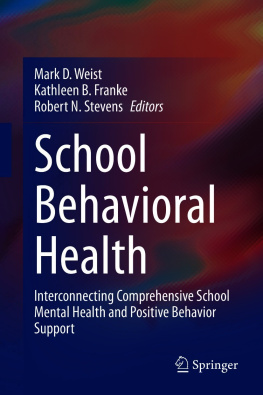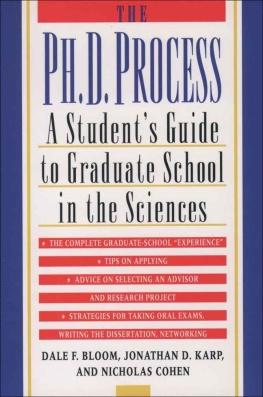

Editors
Arielle F. Shanok , PhD, is the deputy director at the Graduate Center, City Universitys Student Counseling Services, where she has helped graduate students to thrive for more than a decade. Dr. Shanok earned her PhD in clinical psychology at Teachers College, Columbia University, and her BA at Wesleyan University. She previously taught at Barnard College, Columbia University. Dr. Shanok has published book chapters and articles in peer-reviewed journals on a range of topics from psychotherapy effectiveness to gender and money in therapy to pregnant and parenting teen students. She has a small private practice in midtown Manhattan. Dr. Shanok provides consultations and counseling to graduate students in individual, couples, and group contexts integrating psychodynamic, cognitive-behavioral, dialectical-behavioral, emotion-focused, and systems approaches. She also provides consultations to faculty. Dr. Shanok grew up in a multicultural, social justiceoriented family. Her approach is informed by compassion, multicultural humility, and a strength focus.
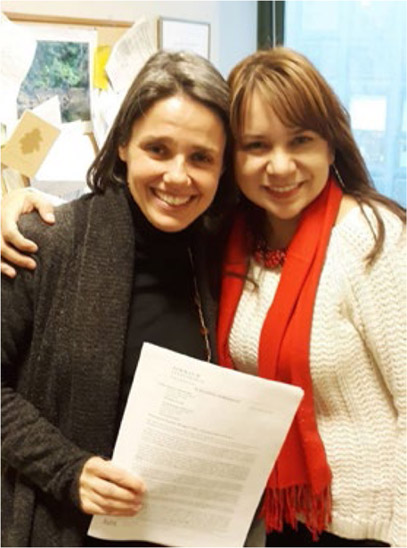
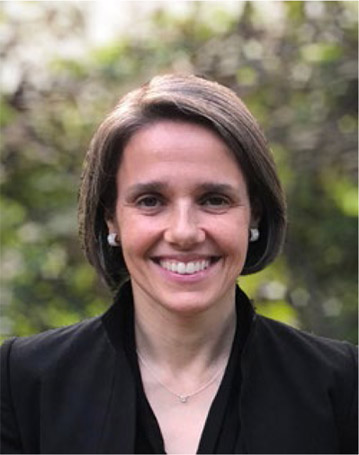
Nicole Benedicto Elden , PsyD, is assistant director at the Graduate Center of the City University of New Yorks Student Counseling Service. She has worked in various settings including college counseling centers; city, state, and research hospitals; government agencies; community centers; and nursing homes. Dr. Elden is a first-generation Filipina American who immigrated to the United States as a teenager. She is the first in her family to obtain a doctoral degree and is proud to have the opportunity to help and mentor graduate students through their journey, particularly one-and-a-half-generation immigrants and graduate student parents. Her therapeutic approach is integrative with a focus on multicultural humility. She has been trained in dynamic, interpersonal, supportive, cognitive-behavioral, and dialectical-behavioral therapies and family systems. She has been involved in research in psychotherapy techniques and graduate student development and supervision. Her interests include cross-cultural and minority identity formation, the immigration experience, couples and parenting, interpersonal and relationship issues, and adjustment to life transitions. She has presented on various topics throughout the years in many different settings. With this book she is very proud to add editor and author to her accomplishments.
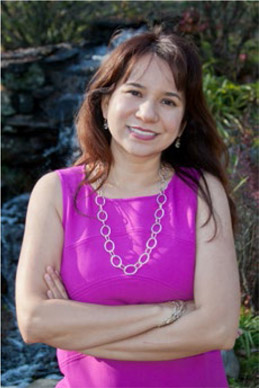
Contributors
Kristan Baker , PsyD, is a New York Statelicensed psychologist with more than twenty years of experience working with children/ adolescents and their families and graduate students. Since 2003, she has worked as a clinical director, administrator, and clinician for MercyFirst, a nonprofit agency that serves clinically and diagnostically complex youth and their families. Her work focuses on addressing intergenerational trauma and community safety, which has allowed her to advocate for family treatment needs, community safety, and system changes. In addition, she has focused on training and supervising clinical and program staff, including graduate students, regarding trauma-informed interventions. She is a member of the Psychology Training Committee, responsible for overseeing the teaching and professional development of psychology interns and externs. Dr. Baker is currently transitioning to private practice to expand her trauma-focused work with adults and their families. Her doctorate in clinical psychology is from Long Island University, Post Campus, with training in cognitive-behavioral, trauma-focused cognitive-behavioral therapy (CBT), and dialectical-behavioral and psychodynamic theories.
Genny Beemyn , PhD, is director of the UMass Stonewall Center and coordinator of Campus Prides Trans Policy Clearinghouse. They have published and spoken extensively on the experiences and needs of trans college students, including writing some of the first articles on the topic. Among the books they have authored are A Queer Capital: A History of Gay Life in Washington, D.C. and The Lives of Transgender People . Gennys most recent book is an anthology, Trans People in Higher Education . They are currently writing Campus Queer: Addressing the Needs of LGBTQA+ College Students and coediting The Encyclopedia of Trans Studies .
Michelle Chu-Camba, PsyD, is a New York Statelicensed clinical psychologist in private practice. She specializes in working with young to middle-age adults, particularly graduate students and young professionals. Dr. Chu-Camba identifies as a therapist of color and incorporates a multicultural approach in her clinical work. She has extensive experience providing therapy to clients struggling with multicultural challenges, depression, anxiety, relationship concerns, low self-esteem, identity development, and womens issues. Prior to private practice, Dr. Chu-Camba worked in college counseling centers and community mental health clinics located in Philadelphia, Baltimore, and New York City. In addition to individual therapy, she enjoys facilitating training seminars for psychology trainees and behavioral health clinicians as well as psychoeducational workshops for community members. Dr. Chu-Camba received her PsyD in clinical psychology from La Salle University in Philadelphia. She also served as an adjunct professor, teaching Theories of Counseling and Psychotherapy.
Dr. Isabelle M. Elisha is associate director of the psychology programs at CUNYs School of Professional Studies. Her work focuses on cultural and contextual influences on childrens and adolescents developmental trajectories with a strong emphasis on the roles of race, ethnicity, gender, and socioeconomic status. Her current research examines young peoples experiences, perceptions, and reasoning about civic and community engagement and their thinking about human rights. The goal of her work is to promote empirically based solutions that meaningfully address the negative impact of discrimination, inequality, and injustice on young peoples well-being.
Enid Gertmenian , LCSW, is a psychotherapist in New York City. She received her undergraduate degree from Eugene Lang College, where she majored in psychology and literature. After coordinating several National Institute of Mental Healthfunded research projects, she completed a graduate degree in social work at the Columbia University School of Social Work, focusing on mental health. Since 2008 she has been a faculty member at Columbia University Department of Psychiatrys Day Treatment Program and the Lieber Recovery Clinic. There, she developed a manualized group therapy treatment to address executive-functioning skills deficits. Group members work collaboratively to apply motivational theories to their own experiences to reach personal goals and better understand procrastination, avoidance, and perfectionism. With Columbias Teach Recovery training center (www.teachrecovery.com), she developed a training program to help clinicians engage patients with executive dysfunction to turn their intentions into action. She enjoys working with small groups and individuals in her private practice.
Next page


